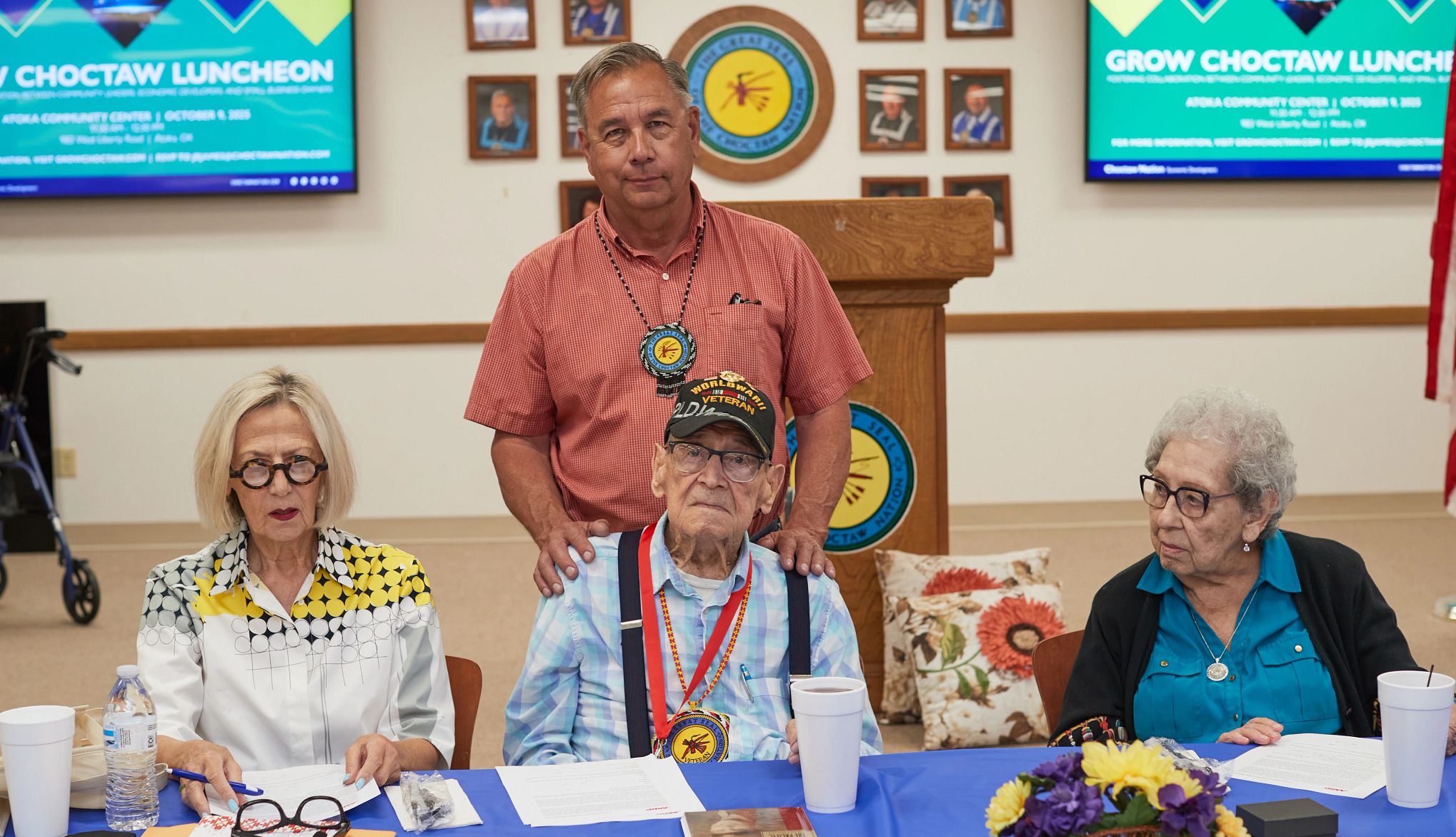AARP Hearing Center


Working in a shipyard at age 18, William “Bill” Logan Jr. sensed he would soon be drafted to fight against the Imperial Japanese Army in World War II. His eldest brother, Raymond, had left for service just months earlier.
So when the letter from the U.S. Selective Service System arrived, it came as no surprise. His eyes slowly moved down the creased, dull-beige paper. It was addressed to him from the president of the United States.
“Greetings: You are hereby ordered for induction into the Armed Forces,” the letter read.
A few days later, Logan reported to the draft board in Portland, Oregon, where he received his physical exam. A colonel asked which branch of the U.S. military he would like to join. Logan blurted out the first thing that came to mind: the Navy.
The colonel turned around, scribbled something on the paper in front of him, turned back, and informed Logan that he was now part of the U.S. Marine Corps.
“I didn’t pick the Marine Corps. They picked me,” Logan says.
That quick decision imposed upon him 82 years ago would shape the course of his life, especially the next three years, which defined his early adulthood in ways he had never expected.
Today, the World War II veteran remains deeply rooted in his heritage as a Choctaw Nation of Oklahoma member, reflecting a life of service and resilience. He is the son of a Choctaw Native American mother and a white father, and his dedication to service is grounded in honor and a love for his homeland—values that continue to guide him even now.
A legacy of service: military milestones
Logan began his service in October 1943 at Camp Elliott in San Diego, California. Soon after, he was deployed to Pearl Harbor, in what was then the U.S. territory of Hawaii, as part of the 22nd Marine Unit. He had no way of knowing it would be the last time he’d set foot on American soil until the war was over.
His first combat operation took place at Eniwetok Atoll in the Marshall Islands, where he was key in securing Naval Base Eniwetok—a crucial forward base for the U.S. Navy. In total, Logan would serve in six invasions before facing the Pacific Theater’s deadliest battle, Okinawa.
On the morning of April 1, 1945, Logan arrived in Okinawa, where he would serve for 12 days until he was wounded.
“The rain, the blood and the mud,” Logan says. “Nothing on wheels or track could move because they just got buried up in the water. We were trying to take Sugar Loaf Hill at that time, and they couldn’t get the trucks in to pick up the dead or take the wounded out.”
Logan’s division and the 29th Marine Regiment formed the 6th Marine Division, which fought through the mountains to reach the Moto Peninsula in the battle for Sugar Loaf Hill.
Trudging through the coastal region, Logan vividly remembers, one of his lieutenants sustained a wound to the right side of his lip. As Logan rushed toward the ridge to replenish his ammunition, his leg was struck by a bullet.
The next morning, he was evacuated to a hospital on the island of Saipan, where his wounds were treated with Vaseline bandages applied by the only doctor available—a dentist.
It wasn’t until three weeks later that Logan was redeployed to Okinawa, still tasked with conquering Sugar Loaf Hill.
“It rained for two weeks, and all we had was just old dungarees on, and we had a poncho. It was cold,” Logan says.






































































More From AARP
Easier Health Care Access for Veterans
VA simplifies access to non-VA health care.
AARP's Local Support for Veterans
AARP honors and supports veterans through local community programs
25 Surprising Ways to Live Longer
Science-backed ways to extend life expectancy